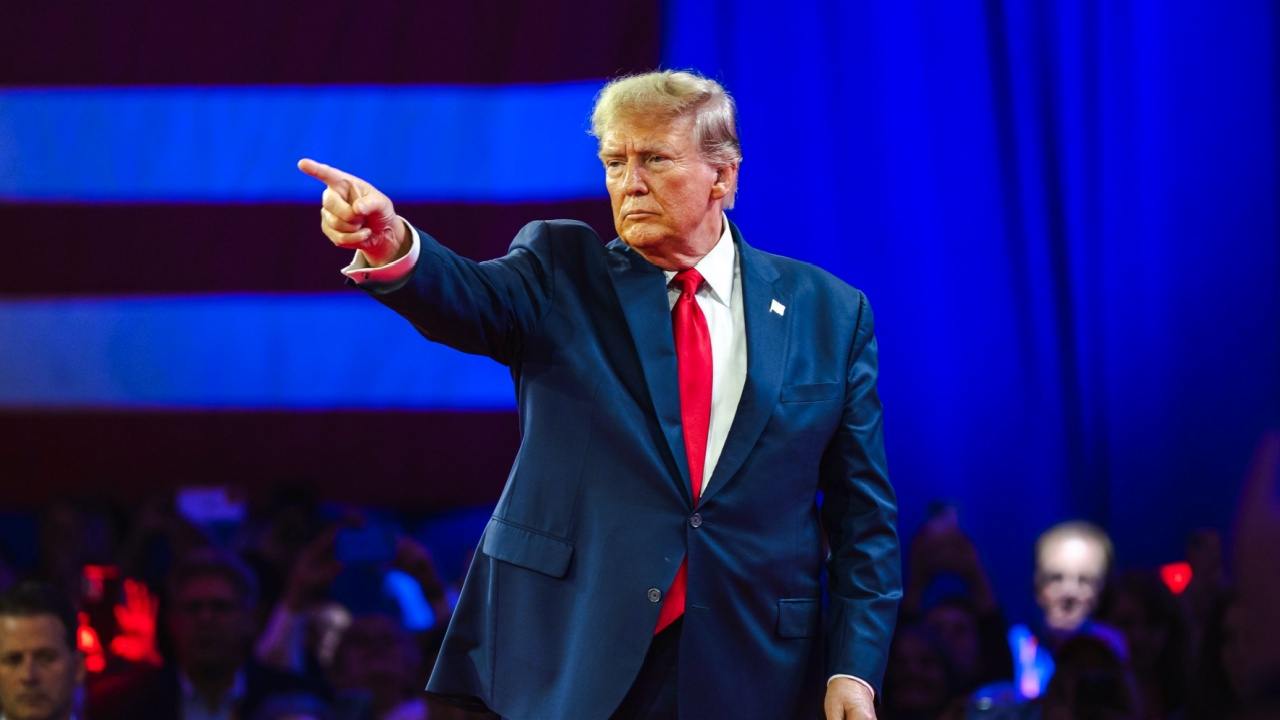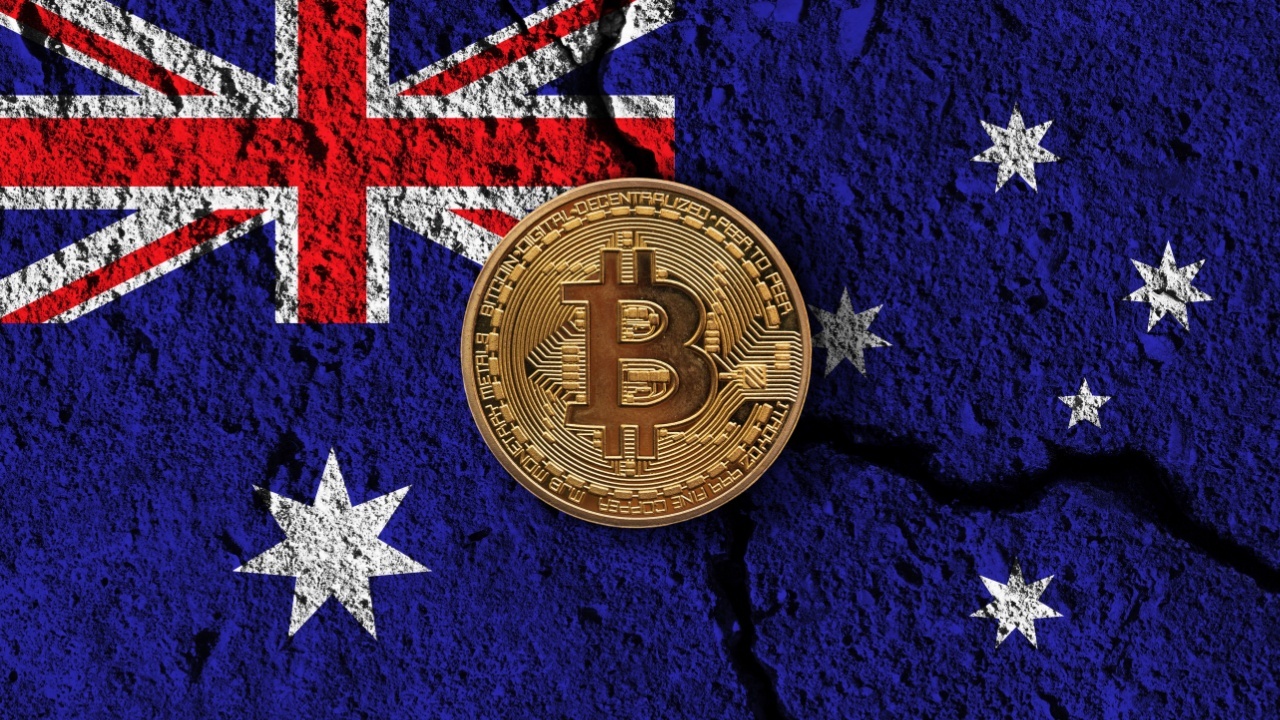Tether’s USDT Recognized As Property By UK Court – What This Means For The Stablecoin
The England High Court of Justice recently ruled that Tether’s stablecoin USDT is a property. Crypto commentator GS has highlighted what this means for the stablecoin going forward, including how it could lead to increased adoption. Related Reading: Bitcoin Mining Difficulty Surges: Miners Face Toughest Conditions Yet What The UK Court Ruling Means For USDT […]

The England High Court of Justice recently ruled that Tether’s stablecoin USDT is a property. Crypto commentator GS has highlighted what this means for the stablecoin going forward, including how it could lead to increased adoption.
What The UK Court Ruling Means For USDT
GS mentioned in an X (formerly Twitter) post that the ruling could encourage more institutional and retail investors to adopt the stablecoin due to the reduced regulatory uncertainty. The crypto commentator noted that the ruling provides a clear legal framework for cryptocurrencies like USDT and that investors might see it as a positive sign for the legitimacy and stability of these coins.
GS predicts that the ruling will set a global precedent in other jurisdictions, as it is one of the “first detailed recognitions of cryptocurrency as [a] property.” This could potentially lead to more favorable crypto regulations globally, which is considered bullish for the crypto space since there has been much regulatory uncertainty up until now.
The crypto commentator also offered a bearish perspective and how this ruling could negatively affect the USDT. He noted that legal recognition would lead to increased regulatory scrutiny and could bring about stricter compliance requirements for Tether. GS added that this could affect operational flexibility or reveal issues with its reserves if transparency becomes mandatory.
Furthermore, the ruling also opens the door for more legal battles or claims against Tether, especially if inconsistencies are found in the way it manages and reports its reserves. Such development could lead to “volatility or a drop in trust if negative information emerges,” GS added.
The crypto commentator also highlighted how the market could interpret increased regulation as bearish for the space since some market participants value cryptocurrencies for their lack of government oversight. He opined that this could also affect the broader crypto market if these investors move their funds to “less regulated or more privacy-focused assets.”
What Market Sentiment Could Look Like
GS claimed the immediate market reaction will not be uniformly bullish or bearish. He asserted that the reaction could depend on how market analysts and influencers propagate this information and how Tether responds to this new legal status. The crypto commentator said there might be a bullish reaction in the short term due to the “novelty and positive media coverage.”
Meanwhile, he predicts that the long-term effects could be mixed depending on how the stablecoin issuer adapts to its new legal environment and how the ruling influences its business model and transparency.
GS remarked that the broader crypto market might only see an immediate or significant impact if the ruling directly affects trading volume, investor sentiment, or regulatory environments worldwide. In addition to this recent UK court ruling, the UK government has unveiled a bill to classify cryptocurrencies and other tokenized assets as a personal property.
Featured image from Pexels, chart from TradingView
What's Your Reaction?




















